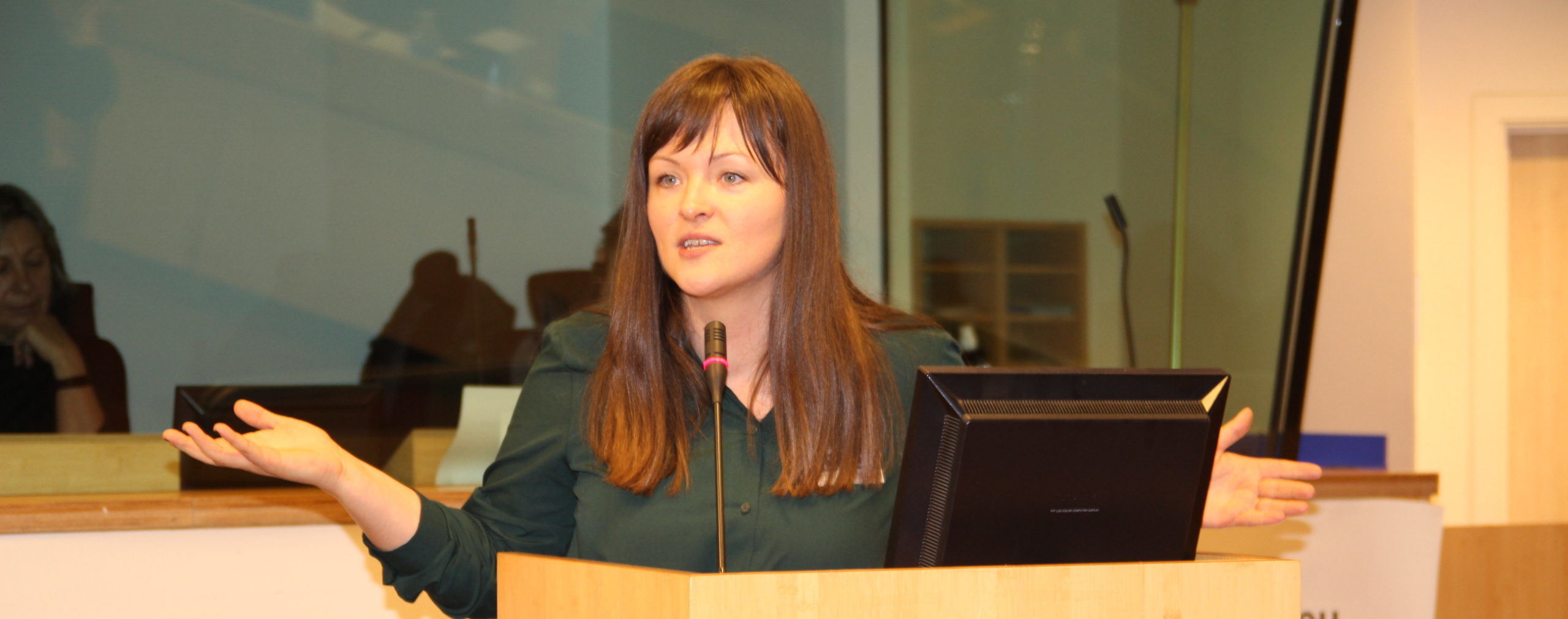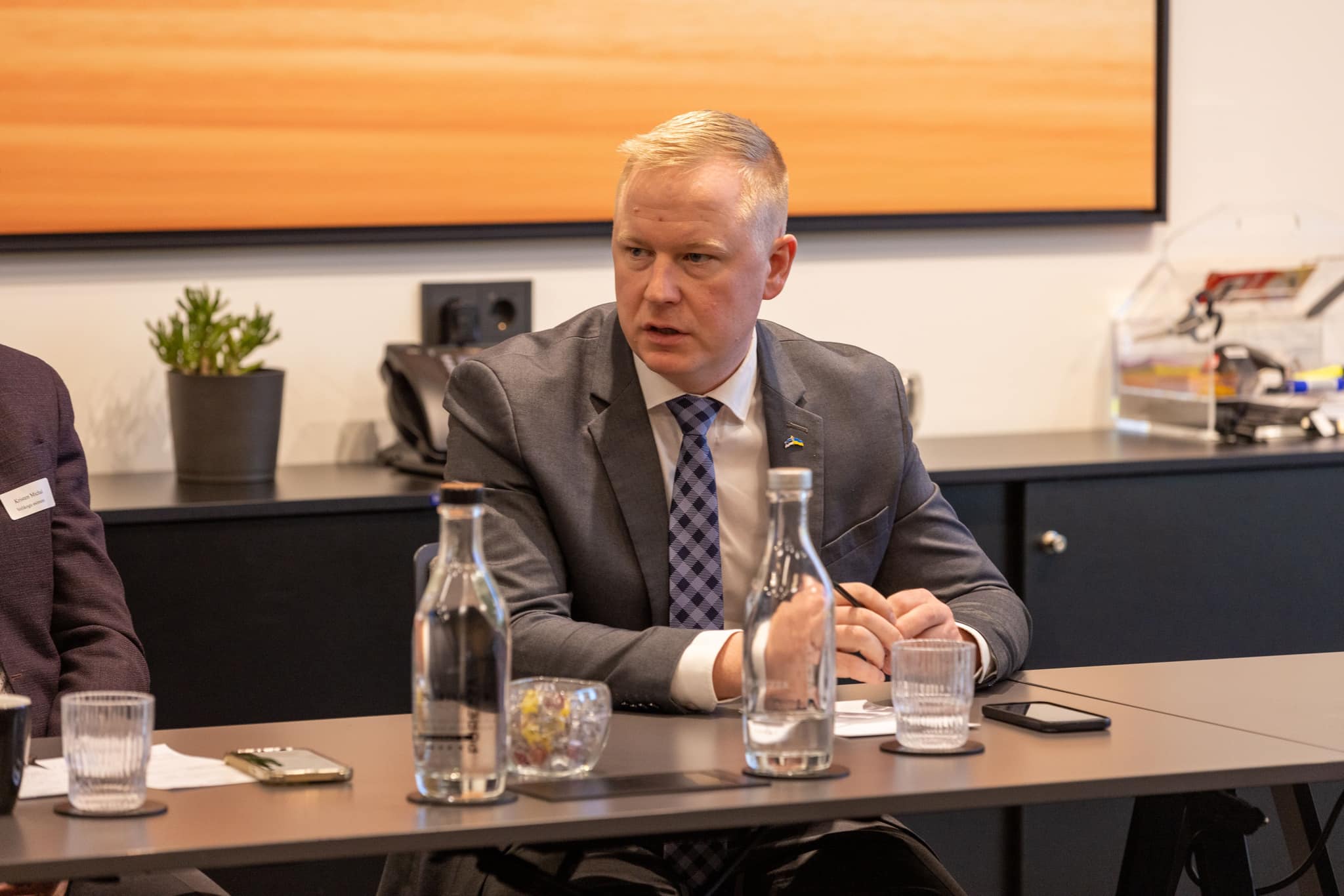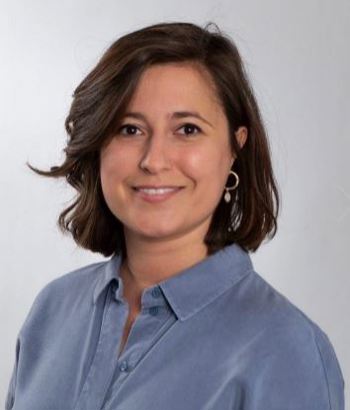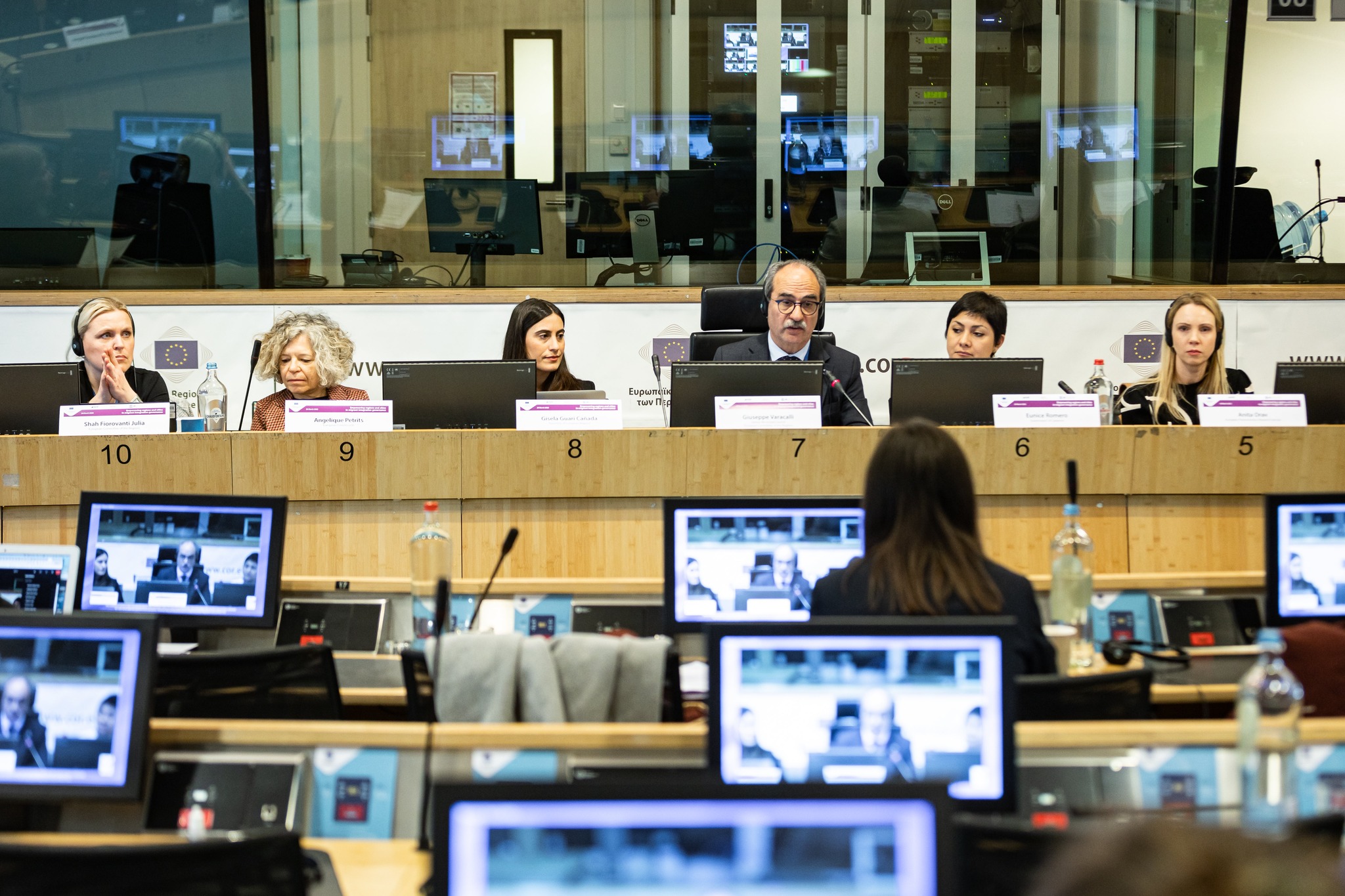Bosnia and Herzegovina finally decided to hold elections in Mostar. Irma Baralija, a local politician from Mostar and vice-President of Bosnian liberal party Naša Stranka, has been leading the fight for elections. Here’s our interview with her on the recent developments.How come Bosnia and Herzegovina finally has decided to hold elections in Mostar? What role did international support and international pressure play in this?
“It was definitely a combination of several factors. The international pressure was one of them as it was especially emphasized in the last year Opinion on Bosnia and Herzegovina’s application for membership of the EU that the priority number one is to hold the elections in Mostar.
The Renew Europe group in the European Committee of the Regions played a significant role too on this matter since they let me present my case to their group meeting and facilitated meetings with MEPs from Renew Europe and several stakeholders in Bruxelles in order to raise the issue of Mostar within the European Parliament and other institutions. The results were visible through the activity of Klemen Groselj MEP, the article on Mostar published by the think tank Friends of Europe, etc.
Also, this year is the year when the local elections should be held in the rest of the country making the case of Mostar more visible again since we were about to miss the third consecutive electoral cycle, so public pressure was growing again. The key factor for creating the political momentum now was probably the case we won in Strasbourg before the European Court for Human Rights. This was crucial because it was stated in the verdict that the State of B&H has until July the 29th this year to pass the amendments to the Electoral law so that the elections in Mostar can be held. In case that didn’t happen the Constitutional Court of B&H had the possibility to impose a temporary solution in order to make the elections in Mostar possible. Since the three big national parties who have a tight majority in the State Parliament didn’t want the Constitutional Court to interfere and possibly create an electoral model for Mostar based on other principles and logic rather than an ethnic one, they quickly came to a solution and passed it in the Parliament a few weeks ago.”
How do you feel about the future of your city now? And do you think local elections will help to ease ethnic divisions in the city?
“The political future of Mostar is uncertain. The way how it will look or at least how the next few decades look like will very much depend on the political panorama in City Hall after the elections are held. If the national parties have two thirds of the seats in City Hall, Mostar will deepen its already existing ethnical divisions since the model of the new City Statute that the national parties want to pass is based on the idea of weakening the City and giving more power to the 6 constituencies / city areas – three of which are controlled by HDZ (Croat national party) and the other three controlled by SDA (Bosniak national party). The model they want to pass is closer to the city administration we had just after the war in 1996 than even to the one we had in 2008. It is our mission and goal now to give our best to stop them and fight to build a City of future and don’t let them drag us to the past.”
Irma Baralija:
This is just the end of round one of this long and exhausting battle; round two is about to start. We’re trying to find the best possible ways how to stop further divisions and create a vision of a better, more progressive and united Mostar
Is this the end of the battle?
“Unfortunately, this is just the end of round one of this long and exhausting battle, as explained earlier; round two is about to start. The opposition is trying to find the best possible ways how to stop further divisions and create a vision of a better, more progressive and united Mostar.”
Is there anything you think that the EU can do to assist in this process?
“Representatives of the EU didn’t help much when they openly celebrated and served as witness to the agreement between only the two national parties in Mostar. There are many ways how the EU can help in strengthening democracy in Mostar: If there’s somebody who sincerely wants to help, at this point what we need the most is adequate assistance on the very Election Day, it would be crucial to make sure there is no electoral fraud.”
Watch our video with Irma Baralija from December 2019:
Background: The European Court of Human Rights (ECHR) condemned Bosnia-Herzegovina on October 29, 2019 for its failure to hold municipal elections in the ethnically divided city of Mostar (population of 106,000 people with 48.8 percent ethnic Croat and 44.2 percent Muslim Bosniak) for more than a decade. The suit was filed by Irma Baralija, who has been fighting this breach of rule of law and democracy preventing her to vote or run in a municipal election.





